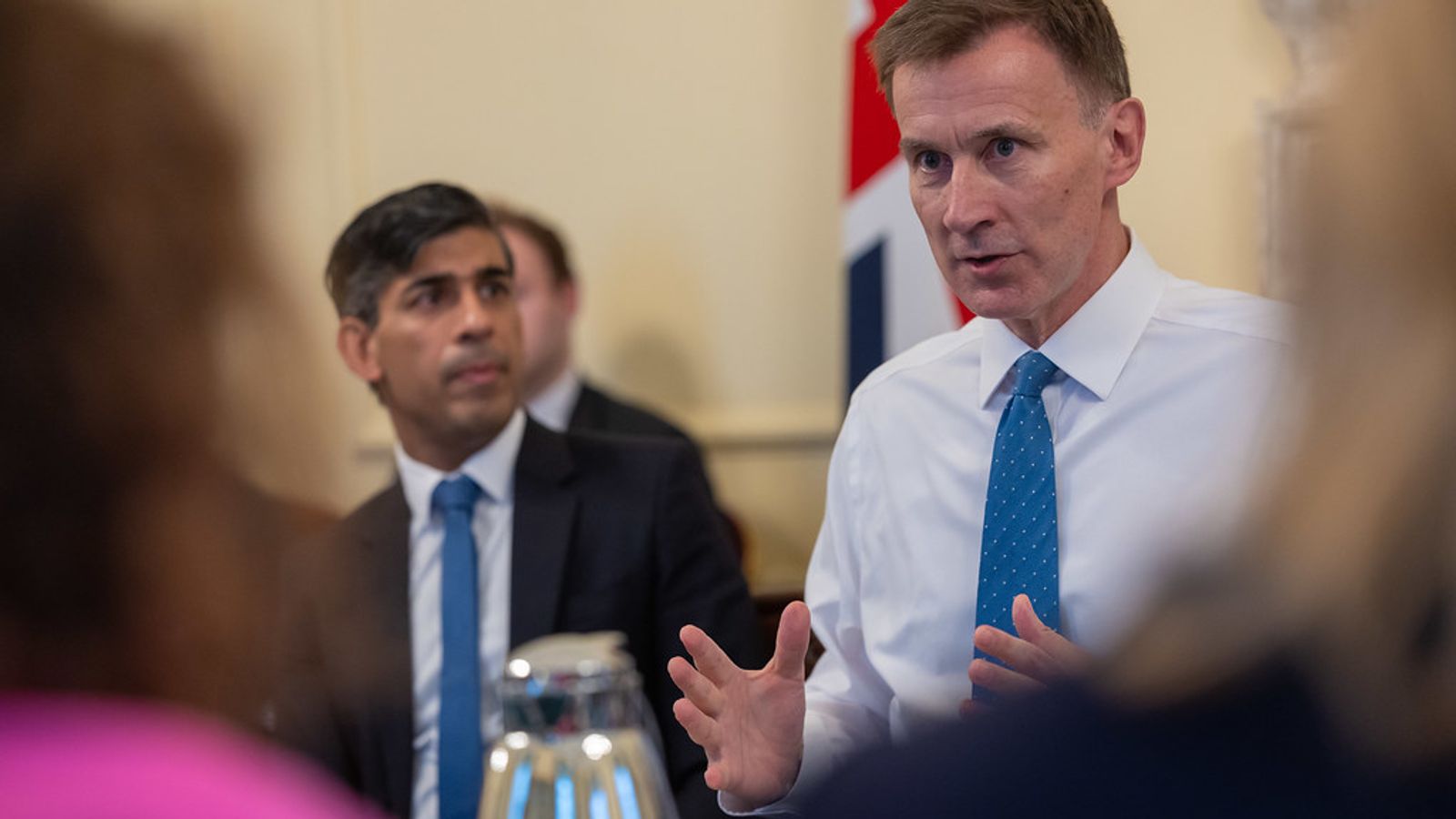
On Tuesday, charges against crypto exchange titan Binance Holdings Limited were revealed by the U.S. Department of Justice (DOJ), which reached a significant $4.316 billion settlement with the world’s largest crypto exchange for noncompliance with anti-money laundering (AML) laws. Despite Binance’s 2019 claims to bar U.S. users, prosecutors asserted the firm persisted in providing market access to elite, VIP American patrons, who supplied roughly “one-third” of company trading revenue.
The Whales of Binance Decoded in DOJ Court Filing
Shockwaves continue rippling through the crypto sphere following the seismic DOJ, U.S. Treasury and Commodity Futures Trading Commission (CFTC) $4.3 billion settlement with Binance over allegations of knowingly shirking registration as a money services business. As alleged within the unsealed court documents, Binance and ex-CEO Changpeng Zhao (CZ) violated AML laws and the Bank Secrecy Act among other agency regulations.
The charges also highlighted Binance’s practice of maintaining a steady stream of very important people (VIPs) from the U.S., even after claiming to no longer serve U.S. customers following the establishment of Binance US. The unsealed document delved into Binance’s VIP clientele, revealing that high-net-worth individuals had contributed significantly to the exchange’s revenue.
“Although Binance announced it would block U.S. users and establish a separate exchange that would serve the U.S. market, Binance retained a substantial portion of its user base on Binance.com, with a particular focus on U.S.-based VIPs, including trading firms that made markets on Binance.com,” the court filing details.
11,000 VIP Whales Accounted for 70% of Binance’s Revenue in 2019
Per the court documents originally sealed on November 14, 2023, upon learning the formidable roster of 3,500 American VIP users in June 2019, CZ was briefed that 11,000 whale clients represented 70% of Binance’s trading volume, with U.S. VIPs comprising “about one-third” of this highly-lucrative bracket. By June 25th, CZ and three Binance brass began sketching strategies to clandestinely retain U.S.-based VIP users through direct phone communication.
An unnamed informant mentioned in the court filing revealed that Binance executives labeled American patrons “miscategorized,” with an internal “VIP handling” guidebook coaching employee management of these elite spenders. For example, this document reportedly demanded that privileged users open accounts sans any “U.S. documentation,” to ensure the confidentiality of the user. By 2020, the DOJ said that Binance still had a substantial amount of U.S.-based clientele but these customers were referred to as “unknown.”
In August 2021, Binance publicly explained that all users complied with know-your-customer (KYC) regulations, but the DOJ said that a higher tier of customers who did not submit KYC documentation were grandfathered until May 2022. During that time, the DOJ claims that Binance did not “systematically monitor transactions” on the platform. While none of the VIPs or market makers were mentioned in the court document, the filing gives a glimpse at how much power and impact crypto whales have in the industry.
What do you think about the details about Binance’s VIP customers? Share your thoughts and opinions about this subject in the comments section below.










